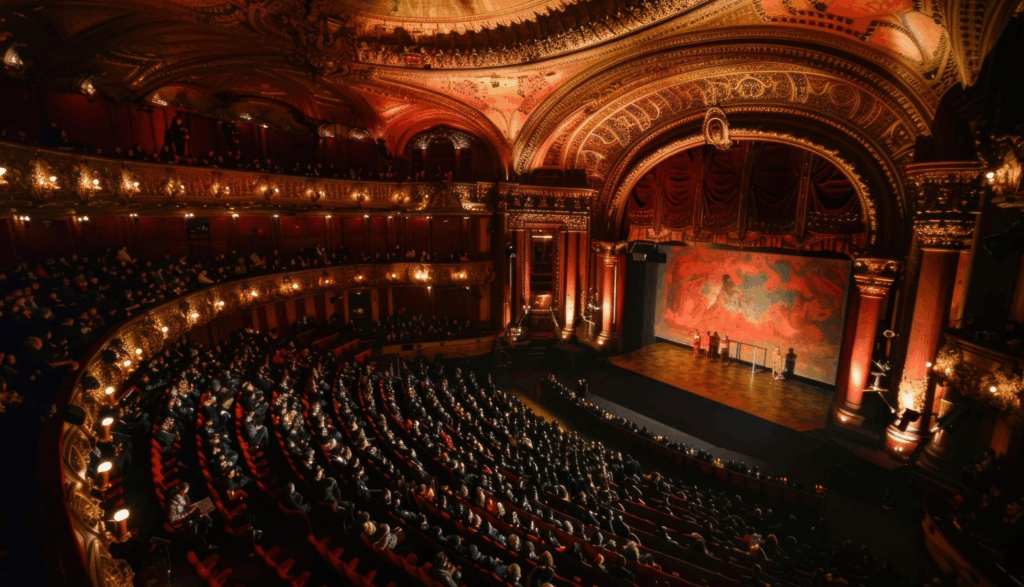Opera has always been a union of art, mathematics, and mysticism – a world where emotion meets perfect timing. Every note, every pause, and every crescendo follows a hidden rhythm that goes beyond music theory. Numerology, the study of numbers as carriers of energy and meaning, can illuminate the subtle forces shaping grand operatic productions, from the birth of a masterpiece to its final curtain call.
At the core of opera lies structure. The division into acts, scenes, and movements often reflects numerological balance. The number 3 – the number of creation, harmony, and artistic expression – is a constant in opera’s DNA: three acts, three voices in a trio, or the eternal triangle of love, conflict, and fate. The repetition of 5 or 7 in musical phrasing mirrors transformation and spiritual journey, symbolizing the evolution of a character’s soul throughout the performance.
Composers themselves often carry powerful numerical imprints that resonate in their work. Giuseppe Verdi, ruled by the number 8, embodied the energy of power and leadership – qualities that helped him redefine Italian opera and bring political resonance to the stage. Giacomo Puccini, influenced by the number 9, channeled the vibration of compassion and emotional universality, making audiences weep with La Bohème and Madama Butterfly. Richard Wagner, under the influence of number 1, represented innovation and individuality – he built an entirely new operatic universe that revolved around his vision.

Even the dates of premieres and the numerology of opera houses can play subtle roles in their destinies. The opening of Teatro alla Scala on August 3, 1778, carries the vibrations of 7, the number of mystery and perfection – fitting for a stage that would host centuries of transcendent performances. Many directors and conductors subconsciously align rehearsals, set designs, or cast choices with numerical cycles that “feel right,” drawn to moments of alignment that mirror artistic flow.
From the sacred geometry of the stage design to the timing of climactic arias, opera thrives on patterns that echo the harmony of the cosmos. Numerology helps reveal that what we perceive as emotional magic is also a form of divine calculation – an invisible score written in numbers as much as in notes.
Related: Numerology and Energy: How Numbers Influence Your Vibrations
Ultimately, the meeting of numerology and opera reminds us that behind every breathtaking high note and tragic finale, there’s a secret choreography of energy – where art and mathematics blend into one timeless vibration of beauty.





















